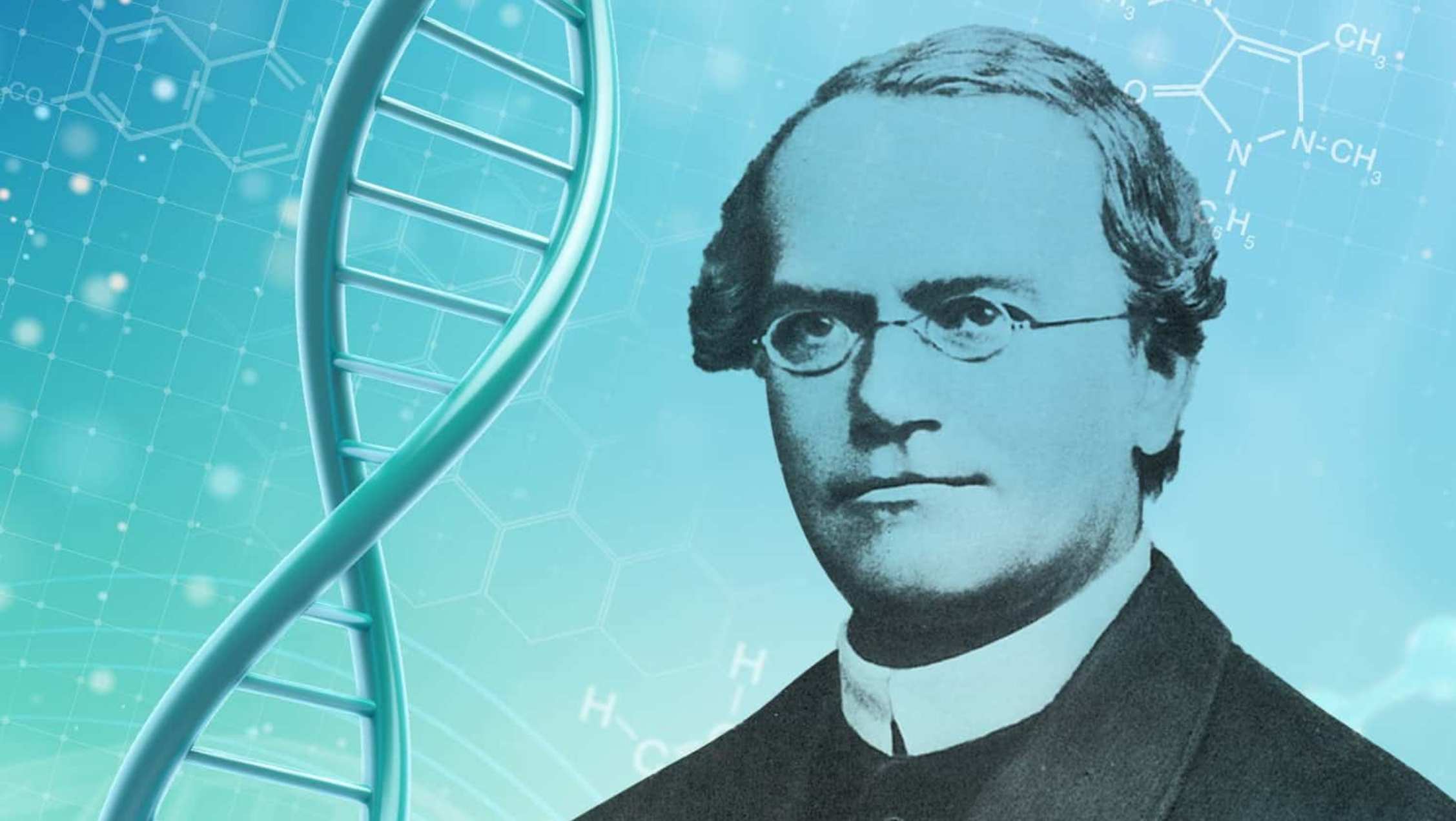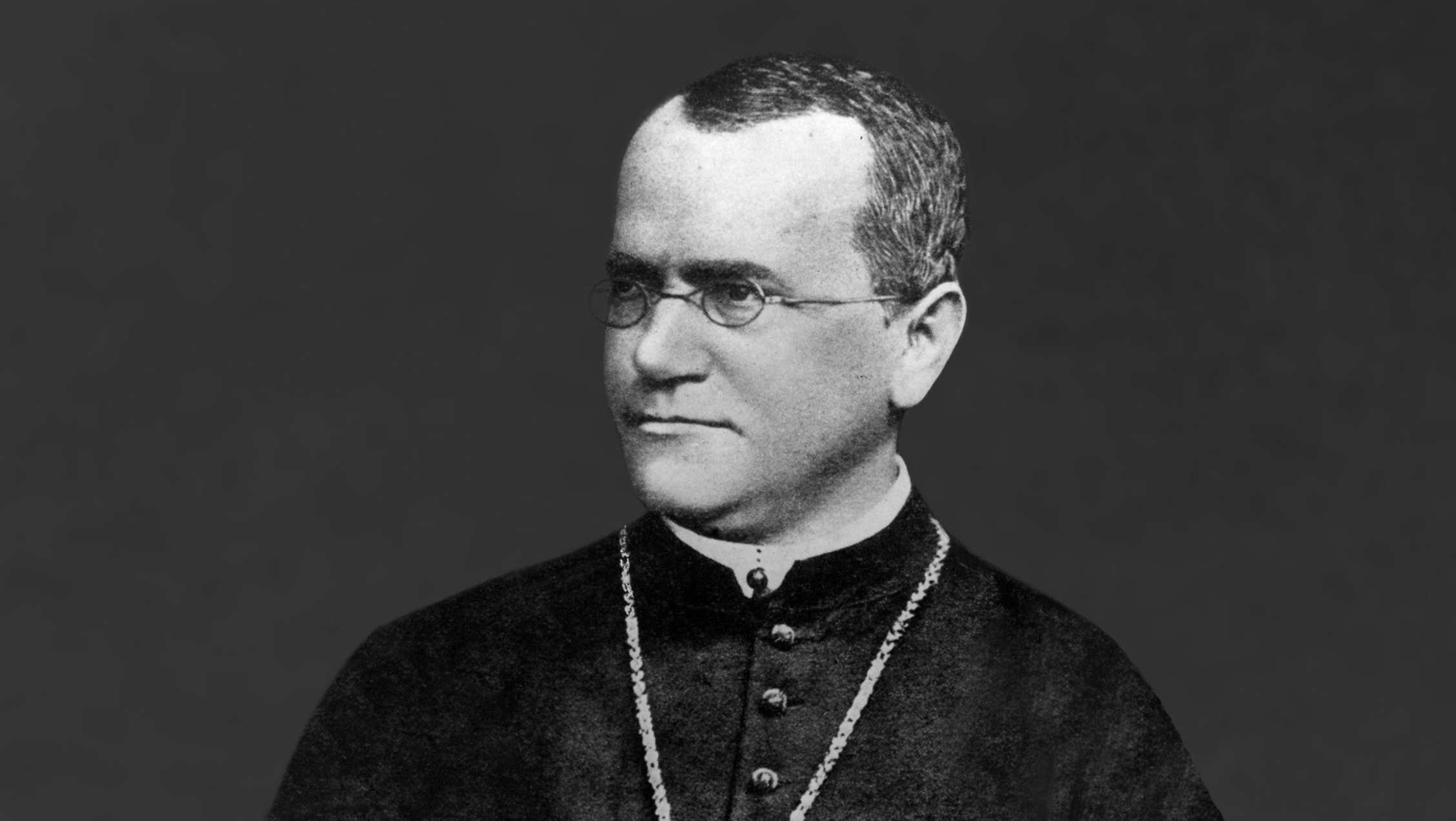Gregor Mendel: The Monk Whose Legacy Shaped Modern Genetics
Prague Morning

Gregor Mendel, born on July 20th, 1822, in the small village of Heinzendorf (now Hynčice, Czech Republic) is perhaps one of the most influential yet initially unrecognized figures in the history of science.
Though today he is celebrated as the father of modern genetics, his cultural impact on Czech identity is profound and multifaceted. Mendel’s life story, while dominated by his groundbreaking scientific achievements, also intertwines with the cultural fabric of 19th-century Czech society, a period marked by political, social, and cultural transformation.
Mendel’s birthplace, situated in what was then part of the Austrian Empire, was deeply embedded in the broader fabric of Czech lands.
His German-speaking family, however, was part of a complex ethnic landscape in the Czech-speaking region. This multilingual and multicultural backdrop shaped Mendel’s worldview, which was grounded in the local traditions, language, and folklore of the region.
While his work in genetics would earn him international recognition in later decades, his Czech heritage remained an important part of his identity throughout his life.
As a young man, Mendel was keenly aware of the political climate in the Czech lands, which were under Austrian rule. This context of national awakening—where Czechs sought greater recognition and autonomy—was pivotal, Mendel’s commitment to education and self-improvement reflected the aspirations of a population keen on asserting its cultural and intellectual presence.
His decision to become a monk and study at the University of Olomouc may have been influenced by the prevailing religious and social norms but it also represented his connection to the educational ideals of the time, which were rapidly evolving as a part of the broader Czech nationalist movement.
Mendel’s cultural significance to Czech society cannot be separated from his scientific achievements, which were largely overshadowed during his lifetime. As an Augustinian friar, Mendel conducted experiments on pea plants that laid the foundation for the laws of inheritance.
However, his work was largely ignored by the scientific community during his lifetime, and it wasn’t until the turn of the 20th century that his ideas were rediscovered and recognized as pivotal to the development of genetics.

In the years following Mendel’s death on January 6th, 1884, Czech intellectuals and nationalists began to reclaim his legacy as a source of pride. His status as a “Czech hero” was solidified during the period of the First Czechoslovak Republic (1918-1938), when Czech scholars, such as the botanist Karel Kovář brought Mendel’s work into the limelight. Mendel’s scientific principles such as the idea of genetic inheritance, came to be seen as symbolic of Czech intellectual independence and innovation.
For the Czech people, Mendel embodied a unique form of cultural pride. His work was not merely a triumph of science, but also an affirmation of the potential for Czech thinkers to contribute meaningfully to the global intellectual community. During a time when Czechoslovakia was asserting its national identity on the world stage, Mendel’s scientific contributions became a point of unity, transcending ethnic boundaries within the region.
Mendel’s legacy continues to resonate in Czech educational institutions. Schools, universities, and scientific organizations across the country honor him as a symbol of academic excellence. In the city of Brno, where Mendel spent much of his life, the Mendel Museum stands as a testament to his contributions to genetics and his status as a pioneer in the sciences. Brno, a city that was integral to the scientific achievements of the 19th century, became a focal point for celebrating Mendel’s life and work.
The institution also serves as a cultural landmark, reflecting the growing emphasis on the importance of education in the Czech national identity. Mendel’s legacy is not confined to his scientific discoveries but extends to the broader cultural significance of intellectual pursuit within Czech society.
His work refined the idea that intellectual rigor and a passion for discovery could emerge from even the most modest of backgrounds— a sentiment that resonated with Czech nationalists who sought to assert their cultural worth in a world dominated by empires and global powers.
Moreover, Mendel’s influence extends beyond academic circles. The theme of inheritance and genetic transmission, central to Mendel’s work, has been incorporated into Czech folklore, literature, and popular culture. His life and discoveries often appear as metaphors for the resilience and persistence of the Czech people, especially during the periods of political repression. His perseverance in the face of scientific indifference echoes the tenacity of the Czech nation itself, which endured centuries of foreign domination and internal strife yet ultimately achieved independence.
Today, Gregor Mendel is not only a scientific icon but also a national symbol of Czech ingenuity, persistence, and pride. His image is featured on Czech currency, and his story is woven into the collective memory of the nation.
As an emblem of intellectual achievement, Mendel transcends the specific fields of science to represent the broader potential of Czech culture to shape the future.
Would you like us to write about your business? Find out more
-
NEWSLETTER
Subscribe for our daily news










